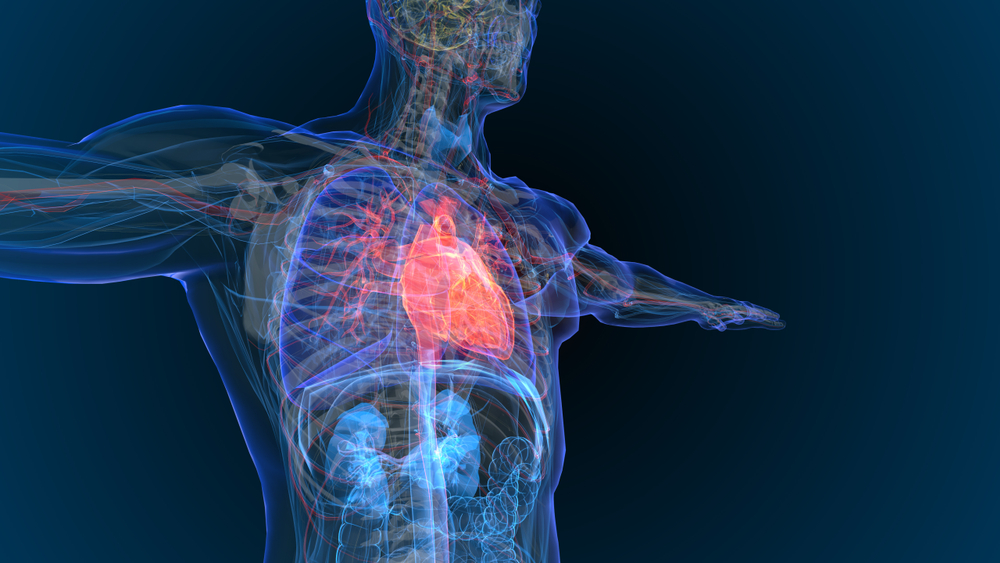Pericarditis can trigger prinzmetal angina, and if this kind of coronary spasm goes unaddressed, it can trigger serious heart problems, including sudden cardiac death, according to a case study published in the Journal of Medicine and Life.
This case described a 28-year-old man with an unremarkable history of heart risk factors, who was admitted to the hospital after complaining of retrosternal chest pan and heaviness. An initial electrocardiogram demonstrated localized ST-segment elevation, which showed a pattern for acute infero postero-right ventricular (RV) myocardial infarction, along with generalized ST-segment elevation in precordial leads in favor of acute pericarditis, the researchers noted.
The investigators discerned that 1 hour before hospitalization, the patient suffered from severe retrosternal pain with nausea, sweating, shortness of breath, lethargy, and mild weakness, which increased in severity. He was alert during the physical exam with stable vital signs and mild cold sweating, blood pressure (BP)=110/70, pulse rate=60 beats per minute, respiratory rate=15/M, and oxygen saturation level 98%; other physical exams were unremarkable.
Doctors performed a transthoracic echocardiograph, which revealed that the inferior wall had mild hyperkinesia and mild right ventricle systolic dysfunction.
The patient was transferred to CCU with a diagnosis of infero postero-RV MI, where he received anti-ischemic therapy, including trinitroglycerin (TNG) infusion with the minimum dose and recurrent BP check. Following treatment, the patient gradually improved, and had no new problems within 3 months after recovery while on a calcium blocker.
“Pericarditis is a common cardiac disease that can lead to ischemic or even myocardial infarction clinical and paraclinical symptoms by triggering spasms in the coronary arteries. In this kind of coronary spasm, if there is no spontaneous reversal and timely intervention, the potential for myocardial infarction, serious myocardial damage, and even sudden cardiac death may occur,” the researchers concluded.
Link: https://www.ncbi.nlm.nih.gov/pmc/articles/PMC8811664/
Keywords: Critical Cardiac Unit, Electrocardiogram, Right Ventricle, Myocardial Infarction, Non-Steroidal Anti-Inflammatory Drugs, Trinitroglycerin









